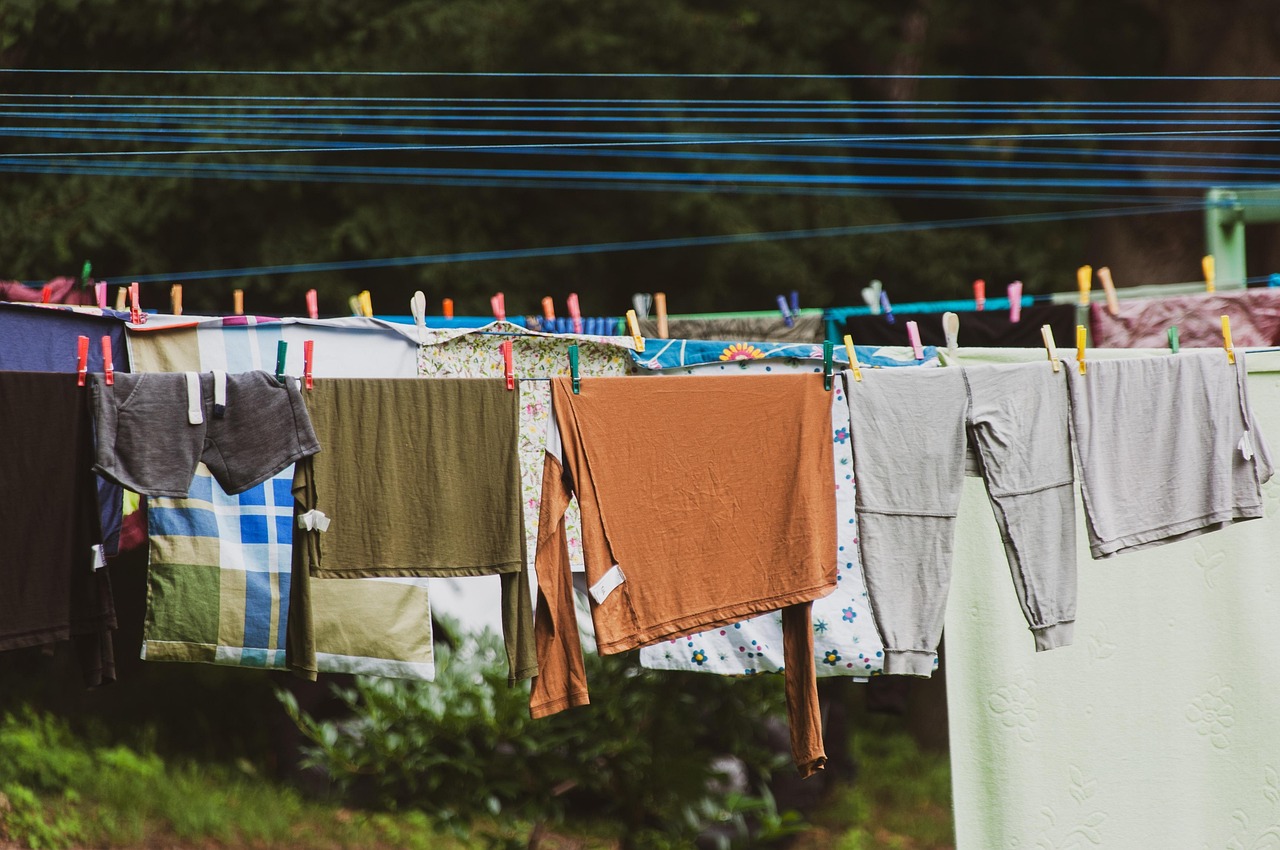Whilst there’s no denying that in the UK women’s liberties have improved recently, we still have a long way to go. The UK’s population is increasingly single, with a reported 8.4 million people living alone in 2023. Additionally, the amount of women who have never married and do not live in a couple has also increased and birth rates are on the decline.
So why are women choosing to go solo?
From a young age, there is a double pressure put on girls. We must be strong but soft. We must not talk to strangers, but we should also smile at people in the street. We should stick up for ourselves, but we should also accept that boys are only tugging our hair and teasing us because they like us. We should value our education and focus on our learning, but we should also be mindful not to wear uniforms in a way that is distracting to others. You must be empathic but not over-emotional. Be assertive, but not a bitch. The list continues into adult life.
The double burden refers to the extra unpaid workload that women are expected to shoulder in addition to their paid work. Women in the UK are now free to work as they please, however many women find themselves working two jobs. One in the workplace and one at home. This burden of home labour is usually unbalanced and expected to be mainly taken care of by women. They are expected to join the workforce, and raise it.
It infiltrates all areas of life, this burden is even highlighted in certain social media jokes, like those that poke fun at children opening presents “from dad” in which it is the fathers first time seeing them too.
Women, once married, are expected by society to have children eventually. This expectation is completely ignorant of the current economic climate. In this economy a household often needs two wages to support itself comfortably. The Office of National Statistics suggests that women do on average 26 hours of unpaid work a week. This works out to almost 4 hours extra everyday, the 9-5 becomes a 9-9.
After work women may be expected to clean up, do the cooking, the laundry, and additional childcare. These tasks should be equally shared. However, they are often not. This is due to the pre-existing notions that house making duties are inherently feminine jobs. This idea was widely popular when women had fewer personal and professional freedoms. Unfortunately, even though society has moved forward, our domestic views seem to have stagnated.
There is often a rebuttal that men do help out around the house too, and that is true. However, statistics show that men do 10 hours less additional work. The attitude to this extra work is also different. Men are often praised for helping out and going above and beyond. On the other hand, women are expected to do these things without praise or protest.
This burden is not without consequence, studies have found that married women have higher rates of depression than unmarried women. It seems like women are making the choice to avoid this extra workload by staying unmarried and childless.
